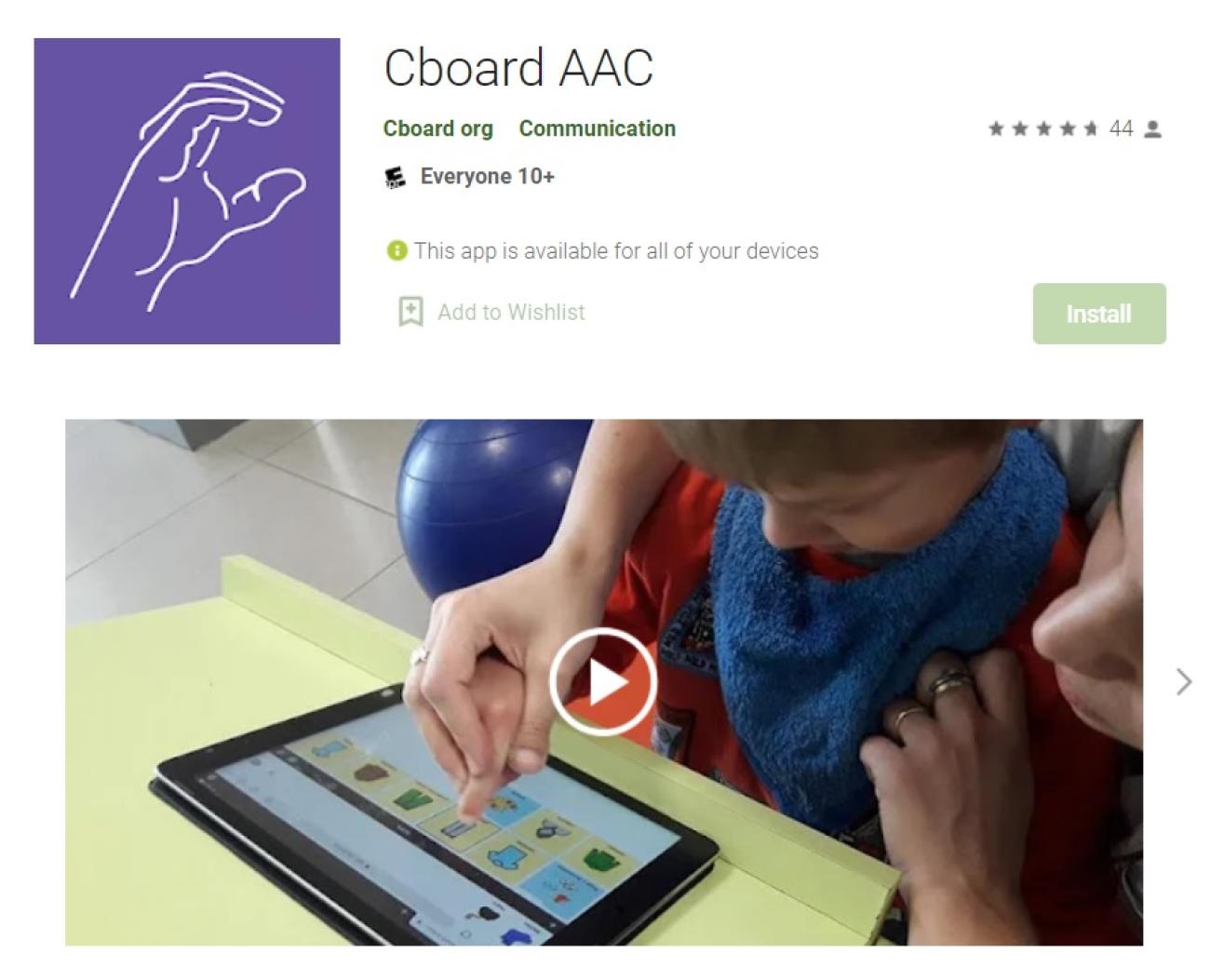Communication skills are at the heart of all of our interactions.
Children who experience challenges in communication (speech and language difficulties), can struggle to understand concepts, express their thoughts and feelings and make themselves understood, which can hinder their day-to-day interactions and development. Assistive technologies, designed for alternative and augmentative communication, can help children develop their abilities to understand and express words and concepts, opening up opportunities to improve developmental outcomes and learning, and to function independently. In turn, this can contribute to inclusion and participation in education and the community, as opposed to social exclusion or segregation.
To support this process, UNICEF has partnered with a local CSO, Open the Windows, and the Faculty of Electrical Engineering and Information Technology (FEIT), to jointly develop a Macedonian and an Albanian version of the communicator application Cboard, and a Macedonian female natural voice (Suze) for the RH voice speech synthesizer. The team worked under guidance from UNICEF’s Europe and Central Asia Regional Office and from a team of professors from Zagreb University. The android app offers children, parents, teachers and therapists the chance to create communication boards using a range of symbols or other personalized images with added labels in the language required. Users can then create messages that are read out using text-to-speech engines, with the locally developed voices Suze (by UNICEF) and Kiko (by UNDP) for Macedonian, and Hana (UNDP) for Albanian language.
The communicator app can be used in many settings, starting from the child’s family and preschool, early intervention centres, inclusive education settings, specialised speech therapy services, and resource centres supporting the inclusion of children with disabilities.
The communicator app, Cboard, will be launched on 12 May 2022 at a public event at InnoFeit, organised by UNICEF, Open the Windows and FEIT.




